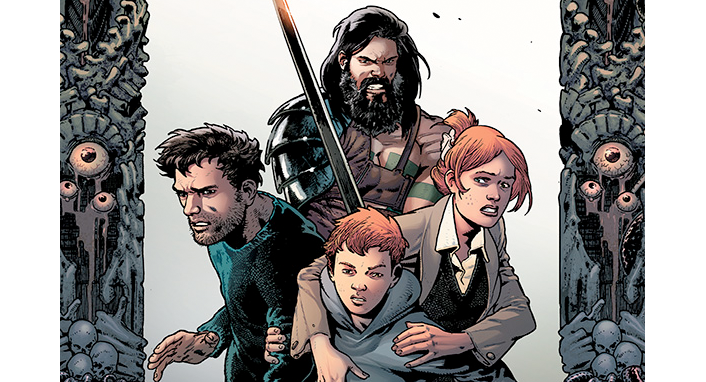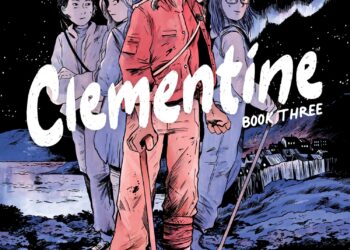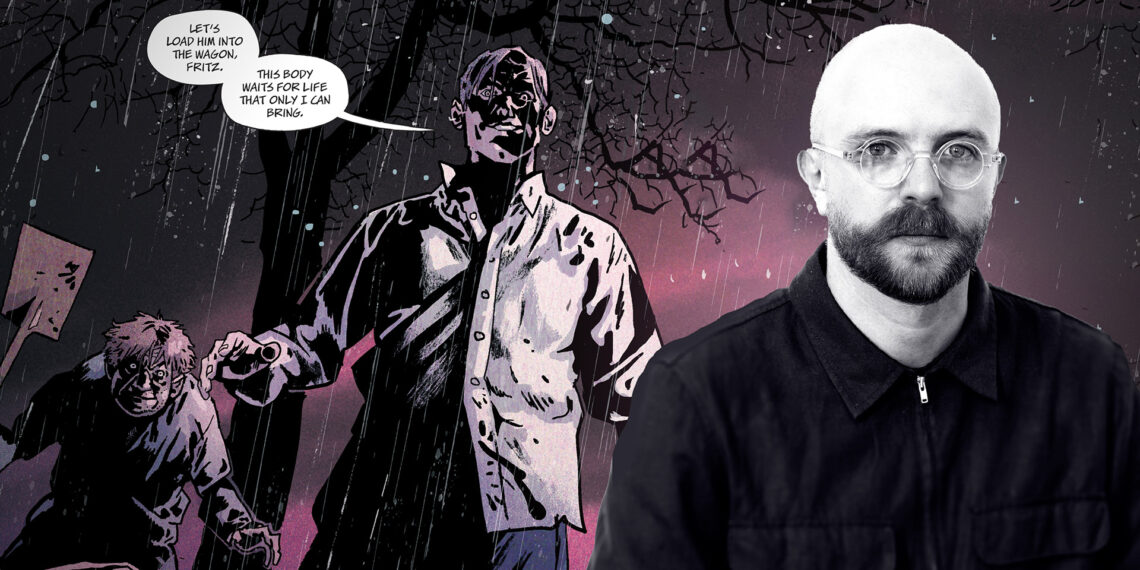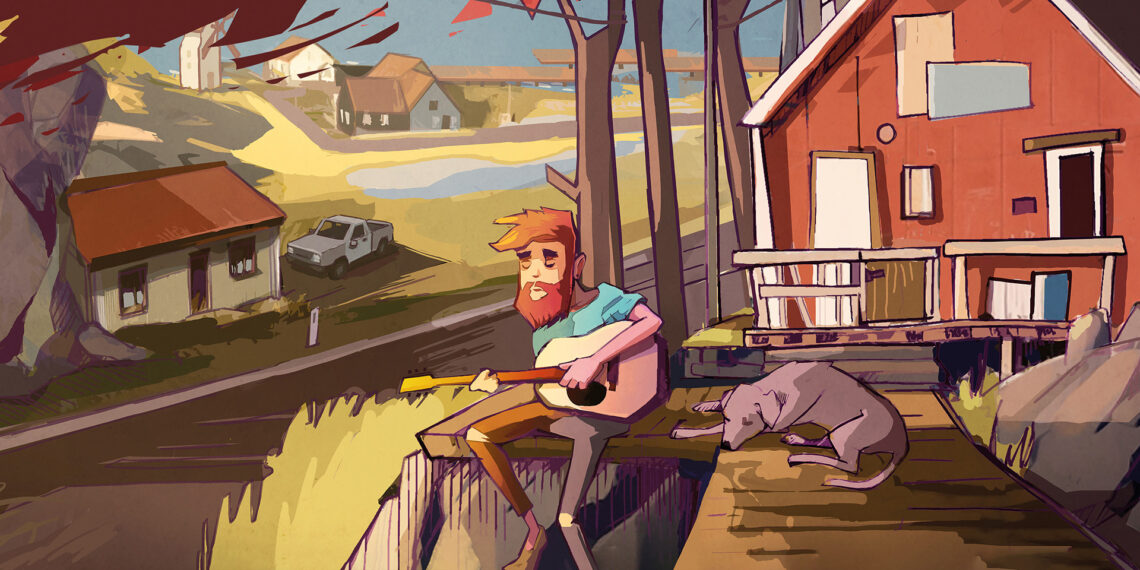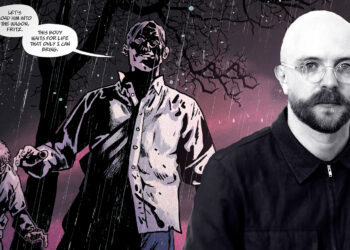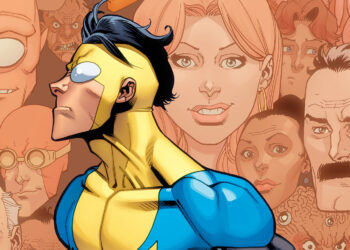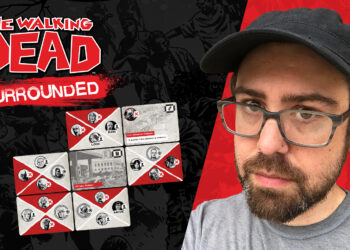Paste Magazine sat down for a little chat with Joshua Williamson (BIRTHRIGHT, GHOSTED) who reflects on the past arc of BIRTHRIGHT in this interesting interview:
Paste: How do you feel that the characters have changed over the course of this first arc?
Joshua Williamson: I think Brennan and Aaron go through the biggest changes. With Wendy we haven’t seen any big changes. I’ve talked to people who hate Wendy, but I think of her like Skyler from Breaking Bad. She’s having the most real reaction. In Breaking Bad people were angry at Skyler because she wouldn’t let Walt be a drug dealer — that’s a natural reaction. Same thing for Wendy. In the next story there’s a lot more of Wendy dealing with it. Aaron went in completely full of faith, tunnel vision. He will always feel responsible for what happened to Mikey. He buys it so much that he stops seeing signs that there might be a problem. His arc is going to start coming around to admitting the possibility that maybe he made a mistake.
Paste: With Mikey, we’ve only seen his beginning and end result, but there are flashes of his forthcoming evolution — transforming from a scared boy wanting to go home to a warrior facing down a monster with his dagger in just a few issues, for example.
Williamson: Mikey has that Conan/He-Man voice. In the real world he has a voice that stands out because he has that warrior tone, in the fantasy world he talks like a little kid and everyone else has a fantasy tone. So I’m able to center everything around him. We are kind of pushing him through the hero’s journey, and his biggest transformation is something we won’t see for a long time, going from being the good guy to being the bad guy. In the first five issues we’re mostly seeing him take responsibility. He wants to go home, that’s the end game for him, and when he’s told he can’t go home until he does this, he says, “okay, I’ll do that.”
Paste: A lot of classic fantasy stories have a darkness to them – like Peter Pan’s pedophiliac undertones or the drug allusions in Alice in Wonderland. Was that inherent darkness on your mind when you were coming up with Birthright?
Williamson: Yes, it was sort of a comment on that and how dark families can get in a moment of tragedy. (Mikey’s) in for a big adventure and a lot of stuff happens to him. He eventually has to become the bad guy, but we’re slowly getting into that. In that trade, in a flashback, he met a woman named Kallista — she’s a witch with pink hair — she has a Nevermind infection just like Mikey does. There’s a clue in there where someone says she chose to have that. She chose to join Lore. You cannot be forced, she has to make a decision to be let it in. Mikey also made that decision.
Paste: Fantasy seems to get a bum rap because once you mention trolls a lot of people just tune out. How does having that ground-level story side by side with the sweeping fantasy help bridge it?
Williamson: With this, because I opened it up with something relatable — a father and son playing catch, there is an easier entry point into that world. There’s a familiarity with it.
Paste: There’s a dream logic at play where a kid goes into the woods and ends up in a fantasy world, and we’re like “that’s perfectly normal.” Why draw attention to that?
Williamson: I like doing stories like that, where it’s sort of a different perspective. You can do a lot with that. Look at The Walking Dead — it’s the story after the zombie movie. This is like Labyrinth after Labyrinth. With this, I wanted to show it from a different perspective. A kid goes missing and time doesn’t stop, people notice when a kid is missing.




